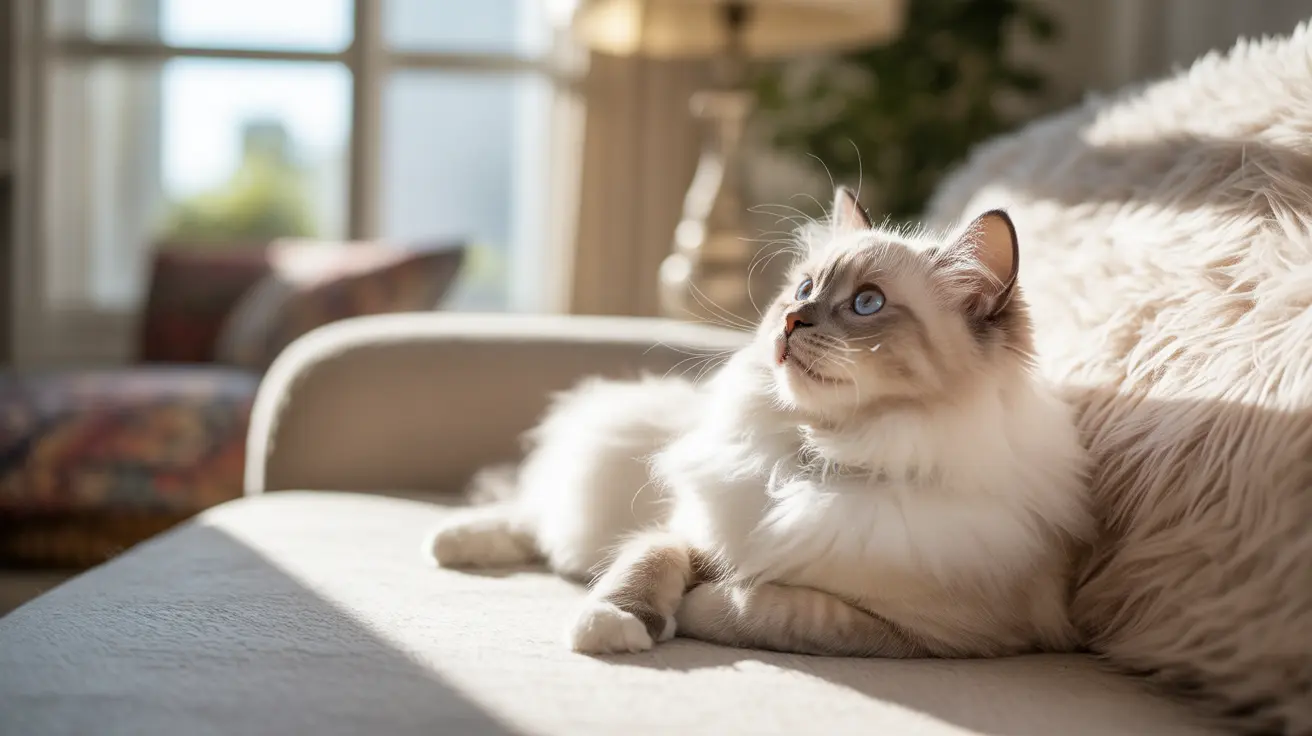Cat owners often wonder about the depth of their feline companion's emotional understanding. While cats may not experience love exactly like humans do, they are remarkably perceptive creatures capable of forming deep, meaningful bonds with their human families. Understanding how cats perceive and express affection can help strengthen the unique connection between cats and their devoted owners.
This article explores the intricacies of feline emotional intelligence and the subtle ways cats communicate their feelings of love and security.
How Cats Recognize Human Love and Affection
Cats have a sophisticated emotional landscape that differs from human expressions of love. Research suggests that cats form attachment bonds similar to those observed in children, demonstrating a complex emotional intelligence that goes beyond simple transactional relationships.
Do Cats Understand Emotional Connections?
While cats may not comprehend love in the same way humans do, they are incredibly attuned to emotional cues and caregiving behaviors. They recognize consistent care, positive interactions, and emotional warmth as signs of affection. When you feed, play with, and provide a safe environment for your cat, you're communicating love through actions that make them feel secure and valued.
Signs Your Cat Loves You Back
Cats express their affection through several distinctive behaviors:
Physical Expressions of Feline Love
- Slow blinking (often called a "cat kiss")
- Headbutting or rubbing against you
- Exposing their belly as a sign of trust
- Kneading with their paws
- Purring when near you
- Following you from room to room
Understanding Cat Body Language
Each cat has a unique personality, and their way of showing love can vary. Some cats are more demonstrative, while others show affection more subtly. A relaxed, calm cat that chooses to be near you is often expressing deep trust and attachment.
Do Cats Interpret Human Gestures Like Kissing?
Cats don't understand kisses in the human sense, but they can sense the positive emotions behind the gesture. Some cats may enjoy close contact and respond positively, while others might prefer a bit more personal space. It's essential to respect your individual cat's comfort level and learn their specific preferences for showing affection.
Respecting Your Cat's Emotional Boundaries
Pay attention to your cat's body language. If they lean into your touch or remain relaxed, they're likely enjoying the interaction. If they move away or seem tense, it's best to give them some space and try a different approach to showing affection.
Frequently Asked Questions
How do I know if my cat feels loved and secure with me?
Look for signs like frequent proximity, relaxed body language, slow blinking, and a willingness to be vulnerable around you. A cat that feels loved will seek out your company and show calm, trusting behavior.
Do cats understand human kisses, and do they like being kissed?
Cats don't understand kisses as humans do. Some cats may tolerate or enjoy close contact, while others might find it uncomfortable. Always observe your cat's individual reaction and respect their personal space.
What are the subtle signs that my cat loves me back?
Subtle signs include following you around, slow blinking, gentle head bumps, purring when near you, and choosing to spend time in your presence. These behaviors indicate trust and affection.
Why does my cat follow me everywhere but avoid cuddling?
This is common cat behavior. Some cats show love by wanting to be near you without direct physical contact. They feel secure in your presence but prefer their personal space, which is entirely normal.
Can cats form secure emotional bonds like dogs and children?
Yes, cats can form strong attachment bonds. Research shows they experience similar attachment patterns to children, demonstrating their capacity for complex emotional connections with their caregivers.
Understanding your cat's unique way of expressing love can deepen your bond and create a more fulfilling relationship. Remember, every cat is an individual with their own personality and preferences.






